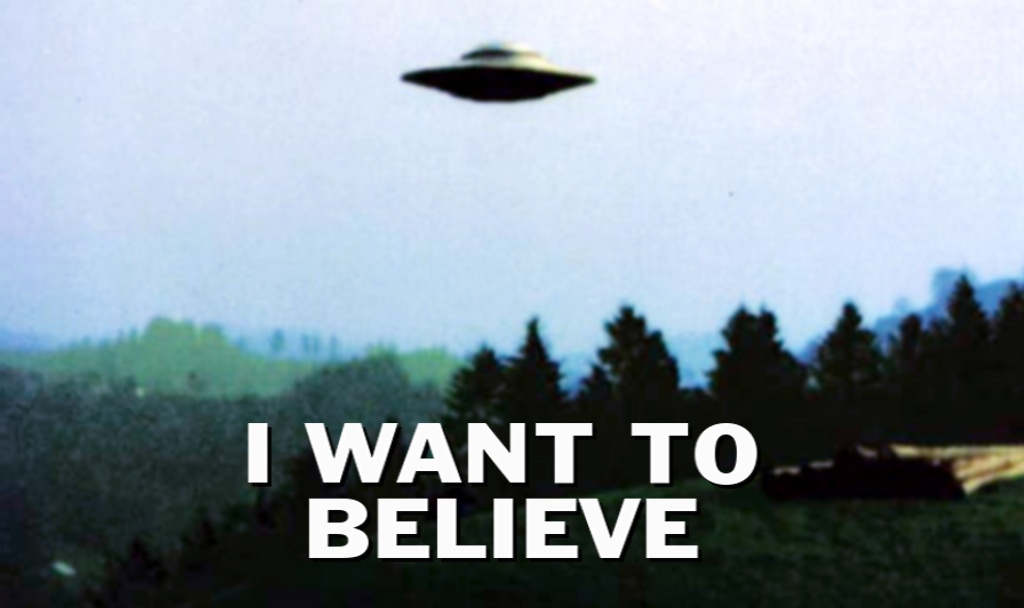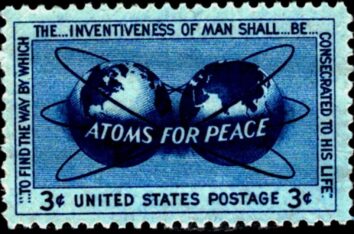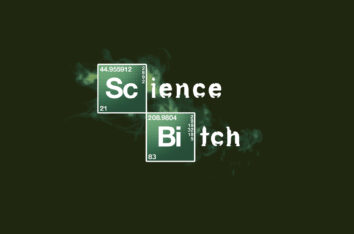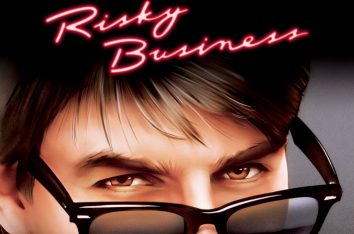In my last two posts I have discussed the lack, or void, that seems to be intrinsic to the human experience. As I have suggested, the way we often deal with this sense of emptiness is to insist that it is an unnatural intruder that must be overcome, and further, the Christian solution is to say that this void cannot be filled by the pleasures of this world, but only through Jesus. Only he (the story goes) can fill our emptiness and bestow genuine wholeness and completeness upon us.
In my last post I suggested that perhaps this entire approach is mistaken, and that its underlying assumption (namely, that we aren’t supposed to feel this lack) is itself incorrect: “Maybe our mistake is not that we are trying to heal ourselves with all the wrong remedies, but that we are trying to heal ourselves at all.”
I’d like to hit Pause here and set forth some evidence from various disciplines to bolster this idea that unknowing and messiness are actually baked into the bones of life in this world. The disciplines we’ll be considering are (1) quantum theory, (2) mathematics, (3) biology, and (4) psychoanalysis.
Quick caveat: I’m not a math surgeon, so this will be cursory. Please feel free to dig deeper if you feel the need to do so.
First, quantum theory: When physicists began examining the world on a subatomic level, they discovered that reality, far from being static and inert, is actually incredibly dynamic, with the whole being greater than the sum of its parts. The sterile and mechanistic understanding of the world began to give way to one highlighting the physical world’s constant motion and inherent unpredictability. Wave-particle duality, for example, teaches that energy is in a superposition between wave and particle, and it doesn’t take either path until it is observed by an observer, thus giving rise both to Heisenberg’s Uncertainty Principle and Walter White’s meth-dealer alias in Breaking Bad (I slipped that in there to see if you’re still reading).
Second, let’s consider mathematics (which was my least favorite subject in school — I have yet to need to calculate the liquid volume of a cylinder). Gödel’s Incompleteness Theorem teaches that formal axiomatic theorems simply cannot be proven. Theorems can be both true but unprovable at the same time.
The third is biology. The theory of evolution demonstrates that natural biological life in this world necessarily involves fighting for survival against the elements (climate, predators, and so on). The very fact that we exist today is the result of some level of struggle and victory over the dangers that surround all species.
And lastly, consider Freud’s discovery of the unconscious. It may seem obvious to us today, but Freud’s hypothesis that a subject may feel, think, or believe things without knowing they feel, think, or believe them was revolutionary for the field of psychoanalysis. Freud suggested that a whole host of repressed feelings, habits, desires, and memories dwell hidden within our unconscious minds, and these can radically affect our conscious lives and behaviors.
Ambiguity and unknowing are not simply irksome but temporary limits to our knowledge, but are part and parcel of how the world is, is what I’m saying.
By way of illustration, consider the various photos of UFOs floating around the Internet. For the skeptic, the obvious question is, “Why are all the pics so blurry? If the flying saucer hovered over your barn for ten minutes, why couldn’t you capture a sharper photograph of it?” But what if flying saucers themselves are actually blurry? What if we aren’t looking at blurry pics of a sharp object, but instead we’re looking at perfectly good pics of an inherently blurry object?
In a word, the universe is blurry.
There is a mystery and unknowability baked into the very bones of the world, and therefore any attempt to overcome our unknowing is always folly (and is usually arrogant and patriarchal as well). This sense we have, then, that something just doesn’t add up, that there is a void or lack at our very core, is not only correct, but it also reflects the way things are and must be. Simply put, we cannot “avoid the void” because it is hardwired into the nature of reality itself.
The task, then — indeed the very Gospel — involves embracing the dark rather than denying it, bearing our crosses to the death with an eye to a this-worldly resurrection (whatever that may look like).



